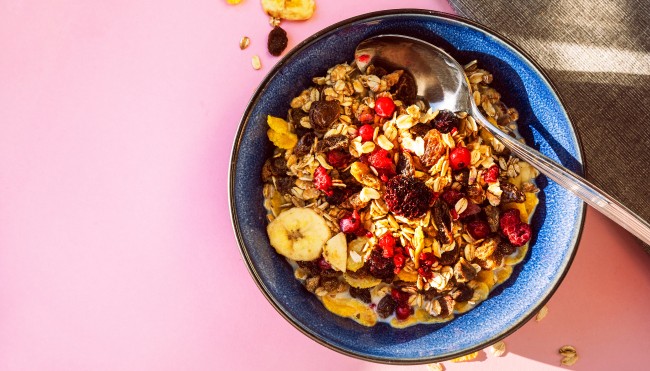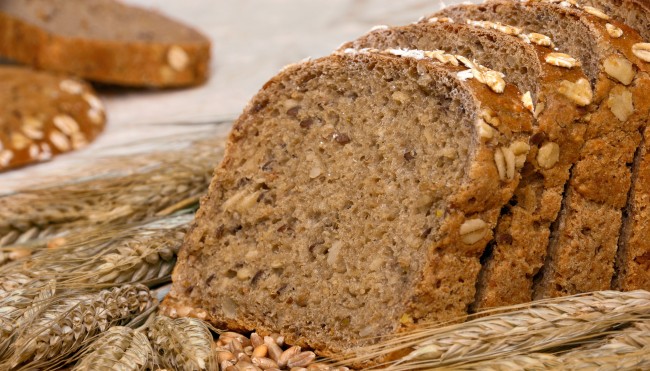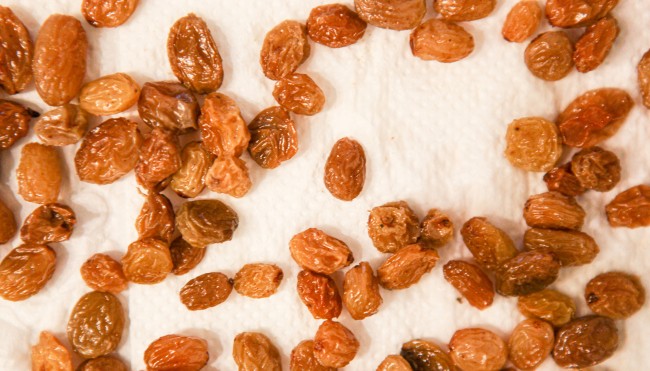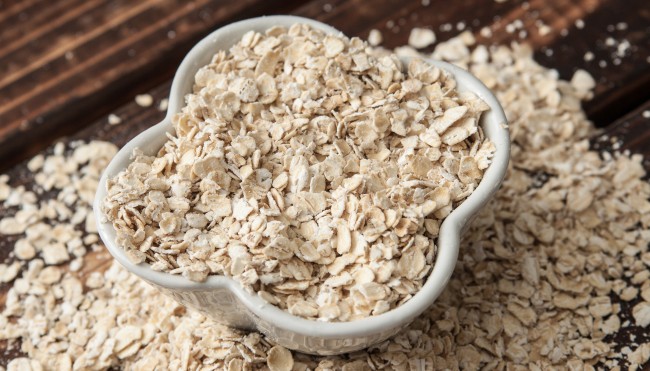Top 12 Fruits and Veggies full of Pesticides
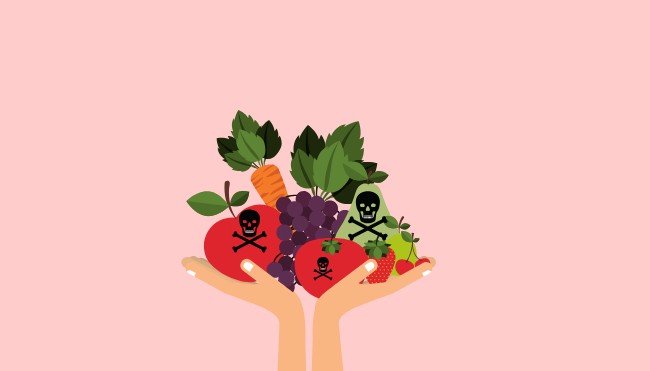
Anyone who buys fruits and vegetables assumes that they are healthy foods. However, this is not always the case. Sometimes conventionally grown produce is heavily contaminated with pesticides. We will explain how you can protect yourself from the poisonous cocktail and which fruits and vegetables are particularly contaminated.
Every year since 2004 the EWG, Environmental Working Group, publishes the top twelve fruits and vegetables that are contaminated with pesticides. They are tested only after being prepared to be eaten, that is, after being thoroughly washed and peeled, if relevant.
Why are pesticides harmful to your health?
Pesticides are chemicals developed to kill organisms that may harm the plant. Many independent scientists and physicians reveal their harm to human health. Long term pesticide exposure may lead to anything from cancer to brain and nervous system toxicity, as well as hormonal disruption and deficits to children’s learning and memory. In a report published by the Pesticide Action Network UK, entitled “The Cocktail,” it highlights the danger and unpredictability of how mixes of pesticides affect the body. The ‘cocktail effect,’ or mixtures of pesticides are of increasing concern in the UK. The impact these pesticide mixtures can have on our health is still widely unknown.
Starting at the bottom of the list- from least to greatest amount of pesticides:
12. Potatoes
11. Celery
10. Tomatoes
9. Pears
8. Cherries
7. Peaches
6. Grapes
5. Apples
4. Nectarines
3. Kale
2. Spinach
1. Strawberries
Tips on how to find fruits & veggies with little or no contamination
1. Consume fruits and vegetables that are ‘clean.’
Along with the Dirty Dozen, the EWG also lists the Clean Fifteen. This list shows which fruits and vegetables contain less pesticide residues. Keep those ‘Clean Fifteen’ in mind when shopping!
2. Buy Organic
Yes, buying organic can be more expensive, but if progressively more people turn away from buying conventionally grown produce, the organic prices will drop. Many believe it is a small price to pay for your health and a plus for supporting eco-friendly farming practices!
3. Thoroughly wash your produce!
This will not affect the EWG rating, however, unwashed fruits and vegetables will increase your pesticide intake.
Ultimately, although the EWG publishes the yearly ‘Dirty Dozen,’ it shouldn’t dissuade you from eating fruits and vegetables. They state, “The health benefits of a diet rich in fruits and vegetables outweigh the risks of pesticide exposure.”
Related Links:


